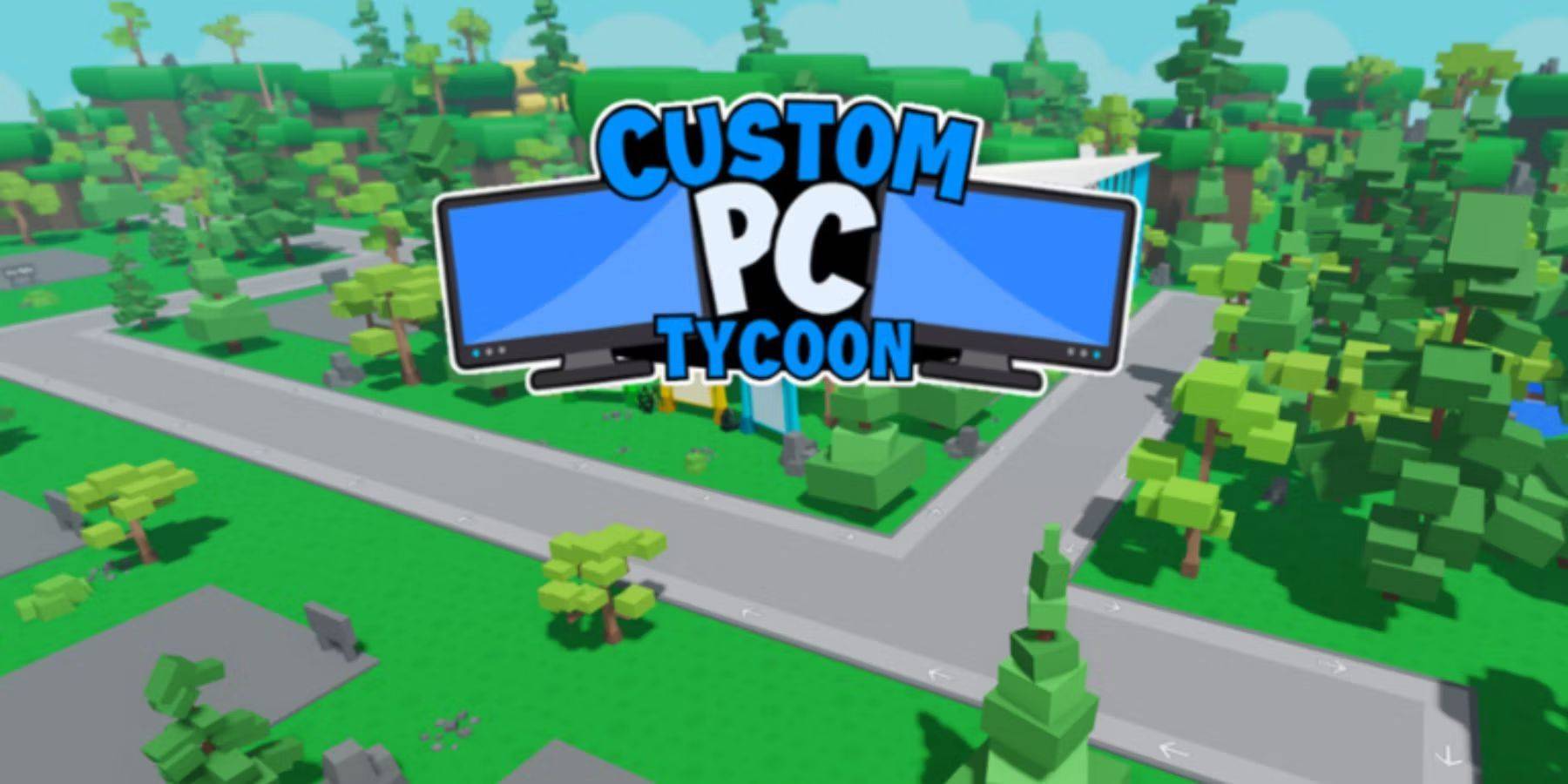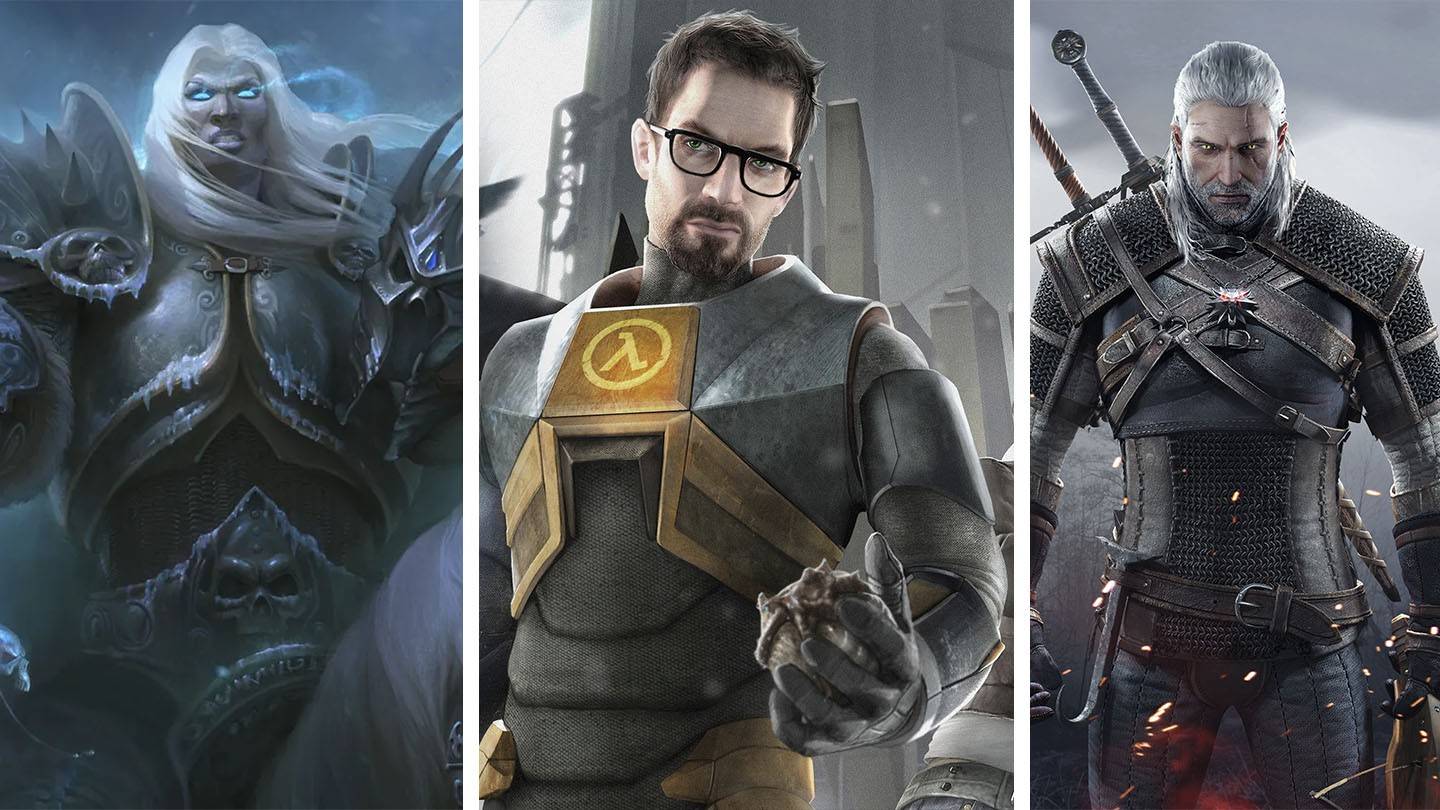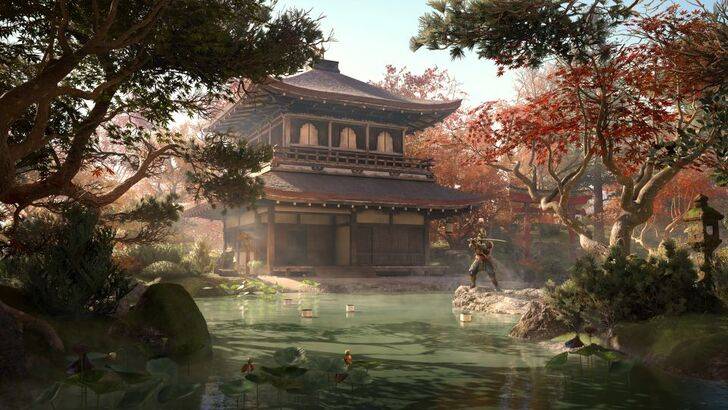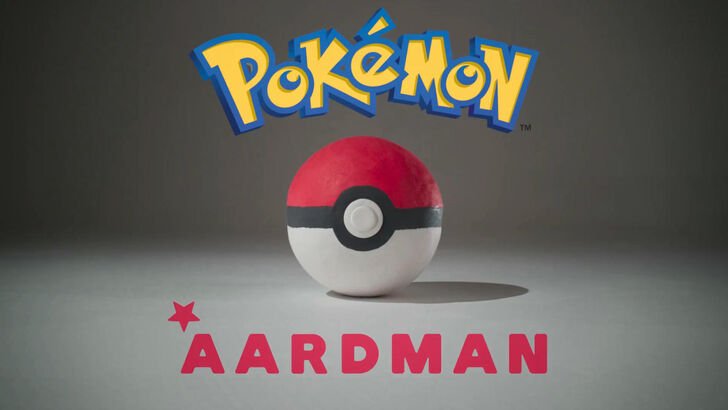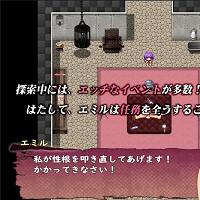
Yasuhiro Anpo, the visionary director behind the remakes of Resident Evil 2 and Resident Evil 4, shared that the decision to revive the 1998 classic, Resident Evil 2, stemmed from a deep-seated desire among fans to see the game restored to its former glory. Anpo remarked, "We realized: people really want this to happen." This sentiment was echoed by producer Hirabayashi, who decisively stated, "Alright, we'll do it."
Initially, the team at Capcom contemplated beginning with Resident Evil 4. However, they recognized the game's near-perfection and the potential risks of altering such a highly acclaimed title. Consequently, they shifted their focus to an older entry in the series that desperately needed modernization. To align with fan expectations, the developers meticulously analyzed fan projects, gaining insights into what players truly desired from a remake.
Despite Capcom's internal deliberations, the community's skepticism persisted even after the successful releases of the Resident Evil 2 and 3 remakes, and the announcement of the Resident Evil 4 remake. Many fans argued that Resident Evil 4, unlike its predecessors, did not require as significant an update, given its revolutionary impact on the genre in 2005.
While Resident Evil 2 and 3, originally released in the 1990s for the PlayStation, featured outdated elements such as fixed camera angles and cumbersome controls, Resident Evil 4 broke new ground. Despite initial reservations, the Resident Evil 4 remake successfully preserved the essence of the original while enhancing gameplay and narrative elements.
The overwhelming commercial success and glowing critical acclaim of the remakes validated Capcom's approach. It demonstrated that even a game regarded as nearly flawless could be respectfully reimagined, showcasing the power of creative innovation while honoring the original's legacy.

 Latest Downloads
Latest Downloads
 Downlaod
Downlaod




 Top News
Top News